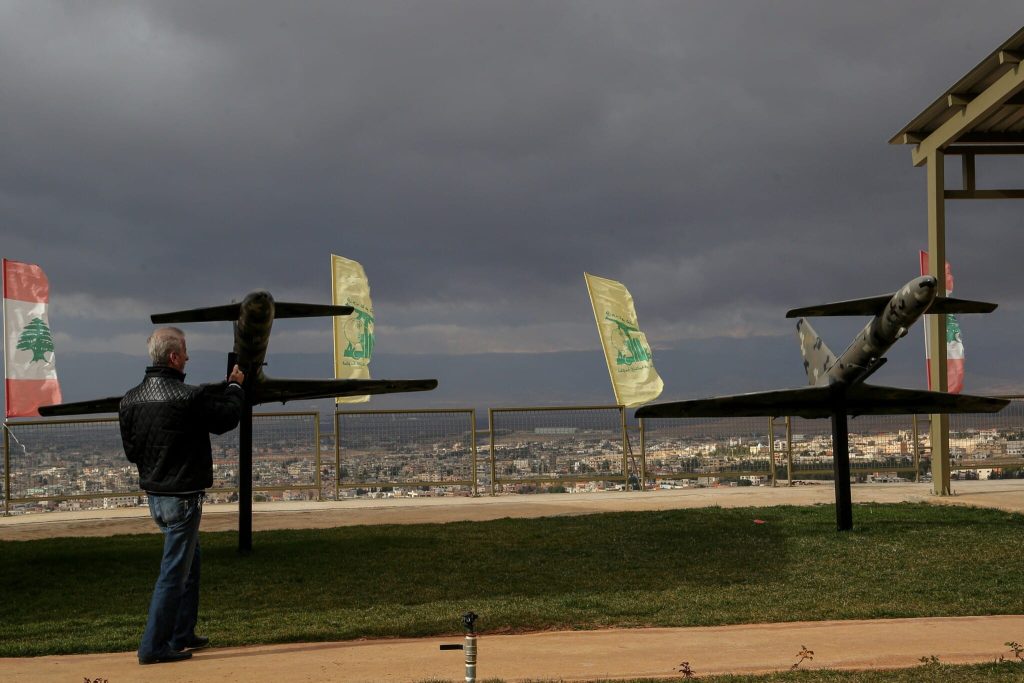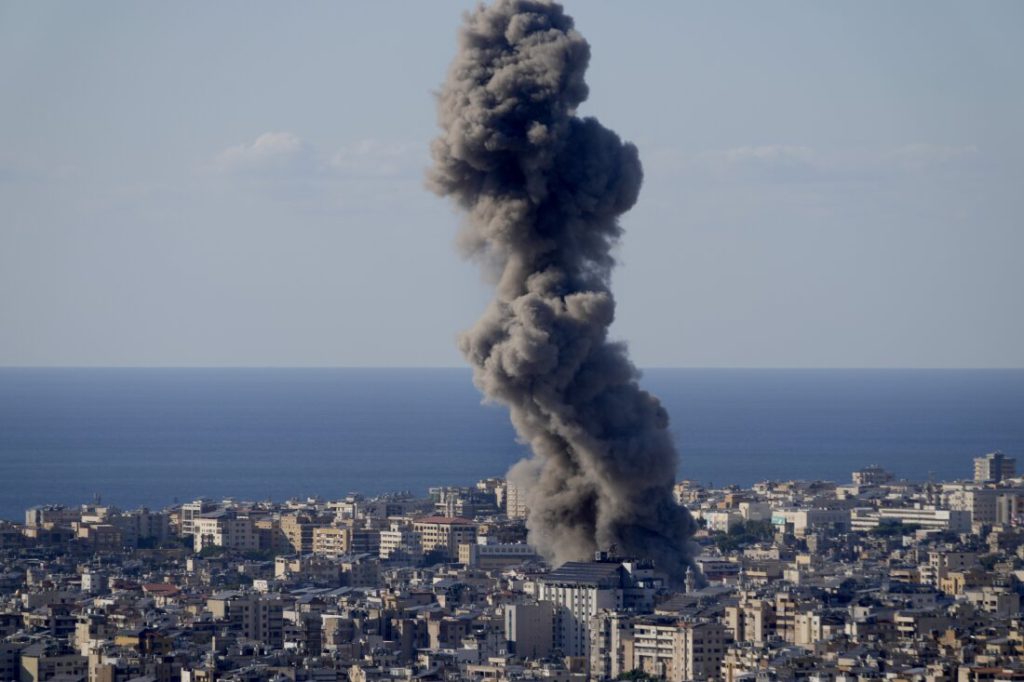Hezbollah Drone Attack: Damage to Netanyahu’s Beach House Revealed
In a bold move, Hezbollah has claimed responsibility for a drone strike targeting Israeli Prime Minister Benjamin Netanyahu’s beach house in Caesarea. This incident, which occurred on Saturday, has heightened tensions between Israel and Hezbollah, raising alarms about escalating conflict in the region.

Video footage from the scene shows significant damage to the beach house, particularly near a bedroom window that was struck by the drone. Fortunately, neither Netanyahu nor his family were present at the time of the attack, and no injuries were reported. However, this assault signals a new level of aggression from Hezbollah and highlights vulnerabilities in Israel’s air defense systems.
The drone strike involved three unmanned aerial vehicles launched from Lebanese territory. While Israeli defenses intercepted two of these drones, one successfully reached its target. This underscores the challenges Israel faces in countering such threats. The attack is alarming, especially as it follows a recent escalation of hostilities along the border.

Hezbollah’s media department head, Mohammad Afif, addressed reporters after the incident. He stated, “The Islamic Resistance claims accountability for the Caesarea operation.” His warning that future operations could be imminent suggests that this attack may be part of a broader strategy to challenge Israeli authority.
This drone strike is not an isolated incident; it follows several confrontations between Hezbollah and Israeli forces that have resulted in significant casualties on both sides. Just last month, a drone attack attributed to Hezbollah killed four people at an Israeli military base. Analysts note that drones represent a unique challenge for Israel due to their ability to evade traditional air defense systems.
Despite possessing advanced air defense systems like Iron Dome and David’s Sling, Israel struggles against increasing drone threats. These unmanned vehicles can fly at lower altitudes and slower speeds than conventional missiles, making them harder to detect and intercept.
In retaliation for the drone strike on Netanyahu’s residence, Israel launched airstrikes targeting southern suburbs of Beirut associated with Hezbollah. This military response reflects Israel’s commitment to maintaining deterrence but risks further escalating tensions in an already volatile region.

The ongoing conflict has led to significant humanitarian consequences as well. Since October 2023, over 2,500 people have reportedly lost their lives due to Israeli attacks on Lebanon. The cycle of violence continues as both sides engage in retaliatory actions that threaten civilian lives and infrastructure.
International reactions have varied following these developments. While some nations express concern over Hezbollah’s aggressive tactics, others criticize Israel’s military responses as disproportionate. The situation remains fluid as global leaders call for restraint while navigating complex geopolitical interests in the Middle East.
As tensions mount following this latest incident, both Israeli officials and Hezbollah leaders appear poised for further confrontations. The potential for escalation remains high as each side assesses its next moves amid uncertainty and fear.
The implications of this drone attack extend beyond immediate damage; they signal a shift in how conflicts may be waged in the future. With drones becoming increasingly accessible and effective tools for asymmetric warfare, nations must reevaluate their defense strategies to address these evolving threats.
In conclusion, the drone strike on Netanyahu’s beach house serves as a stark reminder of the precarious security situation in Israel and Lebanon. As both sides prepare for possible future engagements, the international community watches closely, hoping for de-escalation but bracing for further conflict.

